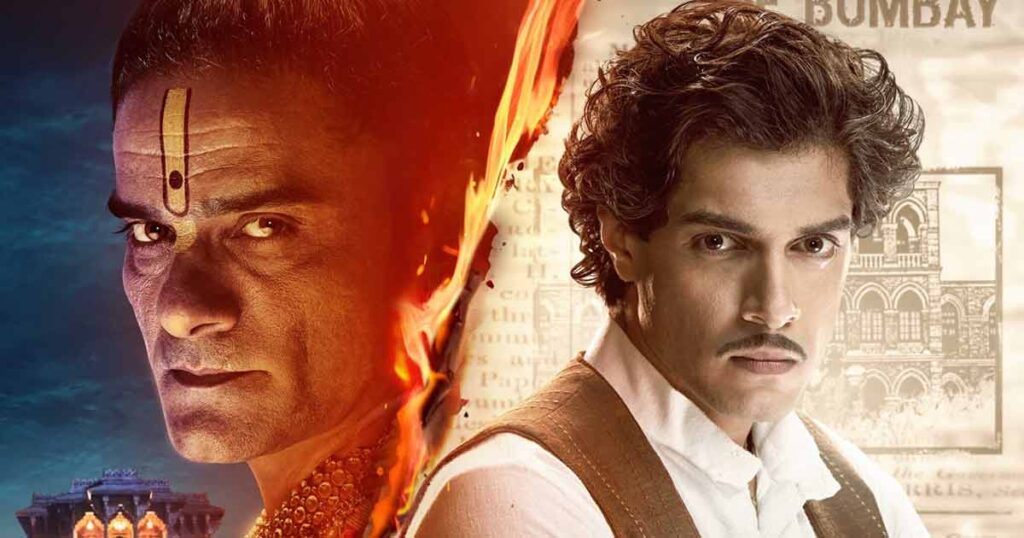It is a rare feat for a film to mirror the historical significance of its subject matter. Such is the case with Maharaj, a Netflix production that delves into the life of Karsandas Mulji, a pioneering journalist and social reformer from the 1860s. Directed by Siddharth P. Malhotra and starring Junaid Khan in his debut role, the film has recently faced its own legal and societal battles reminiscent of the era it portrays.
Karsandas Mulji made headlines in his time for an article exposing the alleged misconduct of a prominent spiritual leader. This act of journalistic bravery led him into a protracted legal battle, culminating in the landmark 1862 Maharaj libel case. The film, based on Saurabh Shah’s 2013 Gujarati novel, meticulously reconstructs these events, highlighting the clash between progressive reform and religious conservatism under British colonial rule.
Despite its compelling subject matter, Maharaj found itself mired in controversy even before its release. Members of a religious sect petitioned to suspend its premiere on Netflix, citing potential offense to religious sentiments. However, the Gujarat High Court eventually cleared the film for release, deeming it respectful and not offensive to the petitioners’ beliefs.
The film’s narrative unfolds against the backdrop of 19th-century Bombay (now Mumbai), where Karsandas Mulji, portrayed with nuance by Junaid Khan, defends himself in court against a defamation suit brought by Jadunathji, a powerful figure in the Pushtimarga sect of Vaishnavism. The courtroom drama, once a focal point of public discourse, now serves as a cinematic exploration of courage and judicial precedent.
Critics have noted the film’s earnest attempt to portray a pivotal moment in Indian journalism and legal history. However, despite its rich historical context, Maharaj has received mixed reviews for its lackluster execution. The direction by Siddharth P. Malhotra, while competent, fails to ignite the screen with the vibrancy necessary to match its potent subject matter. Sets are criticized as unimaginative, and the treatment of the narrative at times feels restrained, preventing the film from fully realizing its potential as a gripping historical drama.
Nevertheless, the legal hurdles faced by Maharaj prior to its release have generated significant buzz, sparking conversations about freedom of expression and the delicate balance between artistic interpretation and cultural sensitivity. While initial anticipation was high, the film’s tepid reception suggests that its impact may be more subdued than anticipated.
In conclusion, Maharaj stands as a testament to the enduring relevance of Karsandas Mulji’s legacy and the complexities of navigating societal change against entrenched beliefs. Despite its flaws, the film offers a thought-provoking glimpse into a chapter of Indian history where journalistic integrity and legal principles collided, leaving a lasting imprint on the evolution of media and social justice in the country.
3.5

